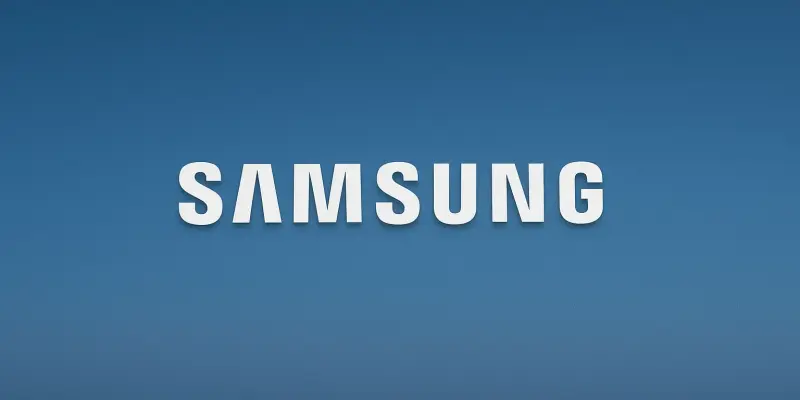In a bold move towards the future of mobile technology, Samsung has unveiled plans for its latest and most innovative addition to the foldable phone market. Dubbed the Galaxy G Fold, this tri-fold device is set to make waves with its high price tag of over $3,000, marking it as Samsung’s most expensive phone offering to date. The exclusive initial launch of this device in China and South Korea underlines the company’s strategic approach in targeting tech-forward consumers in these regions. This product’s unveiling is not just a testament to Samsung’s continued investment in cutting-edge mobile tech but also signals a broader trend toward ultra-luxury products within the foldable segment. As foldable phones become more mainstream, Samsung’s latest offering looks to carve out a niche among tech enthusiasts who are willing to pay top dollar for the latest innovations.
Pioneering Design and Technology
Samsung’s tri-fold phone sets a benchmark in mobility and design, offering a glimpse into the future of smartphone technology. Unlike traditional designs, this device employs a unique folding mechanism that optimizes both functionality and aesthetic appeal. The tri-fold capability promises unparalleled multitasking potential, essentially allowing users to have a mini-tablet experience that fits snugly into a pocket. This design is not only a showcase of technical prowess but also an attempt to redefine user interaction with mobile devices. Samsung’s decision to introduce such a premium model at a steep price tag indicates a confident stride toward capturing the segment of consumers who seek novelty and are willing to invest in the highest-end technology. The innovation surrounding the Galaxy G Fold positions it not just as a phone but as a crucial step in evolving how devices integrate into everyday life, offering potential users a look at the future of personal technology management.
Market Trends and Strategic Positioning
Globally, the market for foldable phones has been characterized by significant innovation and high stakes. By releasing the Galaxy G Fold in limited quantities and in select markets, Samsung appears poised to test consumer readiness for this kind of high-end product. This strategy allows Samsung to refine its approach based on consumer feedback and market dynamics. It also sets the stage for future rollouts by generating excitement and exclusivity around its new product. The comparison with Huawei’s Mate XT Ultimate Design, which has already explored the tri-fold domain, showcases how competition is driving the evolution of smartphones. The focus on creating high-end, limited-availability devices reflects a trend where companies are catering to enthusiasts who prioritize technology over cost. This market positioning strategy could dictate how other manufacturers approach the rapidly evolving mobile landscape.
A Bold Step into the Future
As Samsung embarks on this ambitious journey with the Galaxy G Fold, the implications of this release reach beyond just the device itself. This venture into tri-fold technology reflects a broader narrative of exploration and innovation in the smartphone industry. Looking forward, one must consider how this approach will shape consumer expectations and influence other technology players. High price points and limited availability suggest a shift in focus towards developing niche products that redefine the premium category in mobile technology. The success or failure of Samsung’s endeavor will likely inform future designs and technological investments, prompting a reevaluation of what consumers expect from their devices. Samsung’s move into this arena signifies a dynamic shift, highlighting how cutting-edge technology continues to transform consumer electronics and emphasizing the ongoing race for innovation and supremacy in the tech world.

